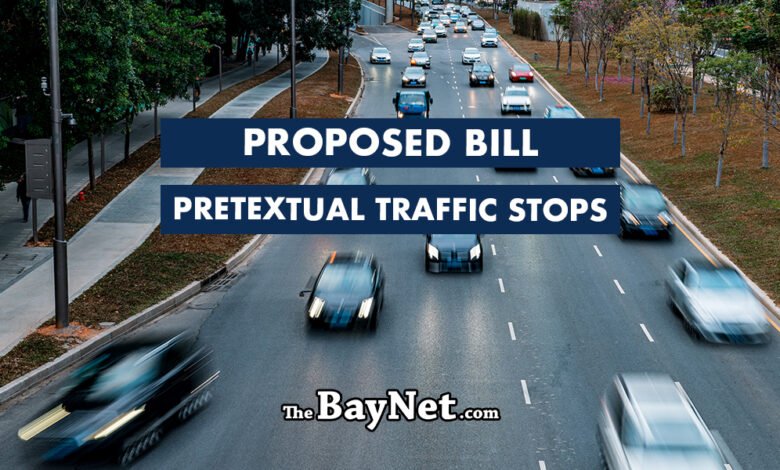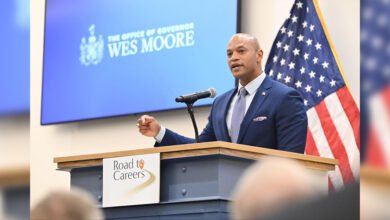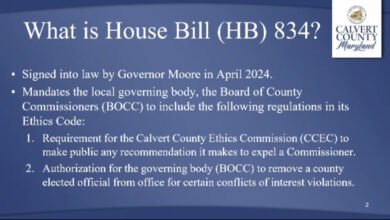Policy Makers Shift Gears: Proposed Bill Aims To Curb Pretextual Traffic Stops


ANNAPOLIS, Md. — Advocates and civil rights groups in Maryland are gearing up to introduce new legislation that would limit so-called “random” traffic stops, a move they believe could curb discriminatory policing practices and improve trust between law enforcement and communities.
The proposed measure, expected to be taken up during the next General Assembly session, would restrict officers from initiating traffic stops for minor infractions—such as a broken taillight or expired registration sticker—that do not pose an immediate safety threat.
Maryland civil rights advocates point to data showing that Black and Brown motorists are disproportionately affected by these low-level stops. While Black residents make up about 31% of Maryland’s population, they accounted for roughly 52% of traffic stops conducted by the Maryland State Police in recent years, according to an analysis by the ACLU of Maryland. Such statistics underscore why reformers view random traffic stops as more than just a routine police function. They see them as a structural issue that fuels mistrust and can escalate into unnecessary confrontations.
The legislative push follows heightened scrutiny of policing tactics nationwide. In Maryland, ongoing conversations about police accountability and racial justice have centered on whether minor traffic violations should justify pulling drivers over, especially since such encounters have, at times, led to more serious conflicts or searches for contraband unrelated to the original reason for the stop.
Supporters of the upcoming bill argue that scaling back these stops could also refocus law enforcement resources. By shifting away from minor equipment or administrative violations, officers might spend more time on pressing public safety concerns, such as impaired driving or reckless behavior that truly endangers others.
“We want law enforcement to prioritize the kinds of driving offenses that lead to crashes, injuries, and deaths—not a busted brake light or a missing inspection sticker,” said one advocate involved in drafting the proposal.
At the same time, community organizations say the measure could help tackle the broader problem of disproportionate enforcement. Statistics reveal that nonwhite drivers are often stopped for minor violations at higher rates, even though subsequent searches yield no more contraband or evidence of serious wrongdoing than those conducted on white drivers. In other words, the data suggests these random stops do not necessarily enhance roadway safety, yet they foster tension and can erode public confidence in police fairness.
Lawmakers are likely to debate how to draw the line between truly safety-related stops and those that serve more as a pretext for investigatory policing. Some legislators may worry about tying the hands of law enforcement, while others will push for strong language that ensures the legislation significantly reduces racially skewed encounters.
Advocates say they are also prepared for the difficult task of quantifying the bill’s impact if it passes. Reducing the number of stops could be measured over time, and subsequent data might show whether the racial disparities in these encounters have shrunk. The Maryland General Assembly’s staff analysts, along with academic researchers, could play a role in tracking how the new rules affect stop frequencies, racial proportions, and any changes in roadway safety metrics.
For now, the effort remains in the planning stages. In the coming weeks and months, advocates plan to meet with potential legislative sponsors, refine bill language, and host community forums to build support. They hope that by centering the discussion on fairness, accountability, and efficient resource allocation, they can rally enough backing to move the proposal forward when the legislature reconvenes.
Ultimately, the legislation’s success could hinge on whether Maryland lawmakers and the public accept that reducing random, non-safety-related traffic stops is not just a matter of convenience or courtesy, but an essential step toward a more equitable and effective approach to policing and community relations.
Contact our news desk at news@thebaynet.com




